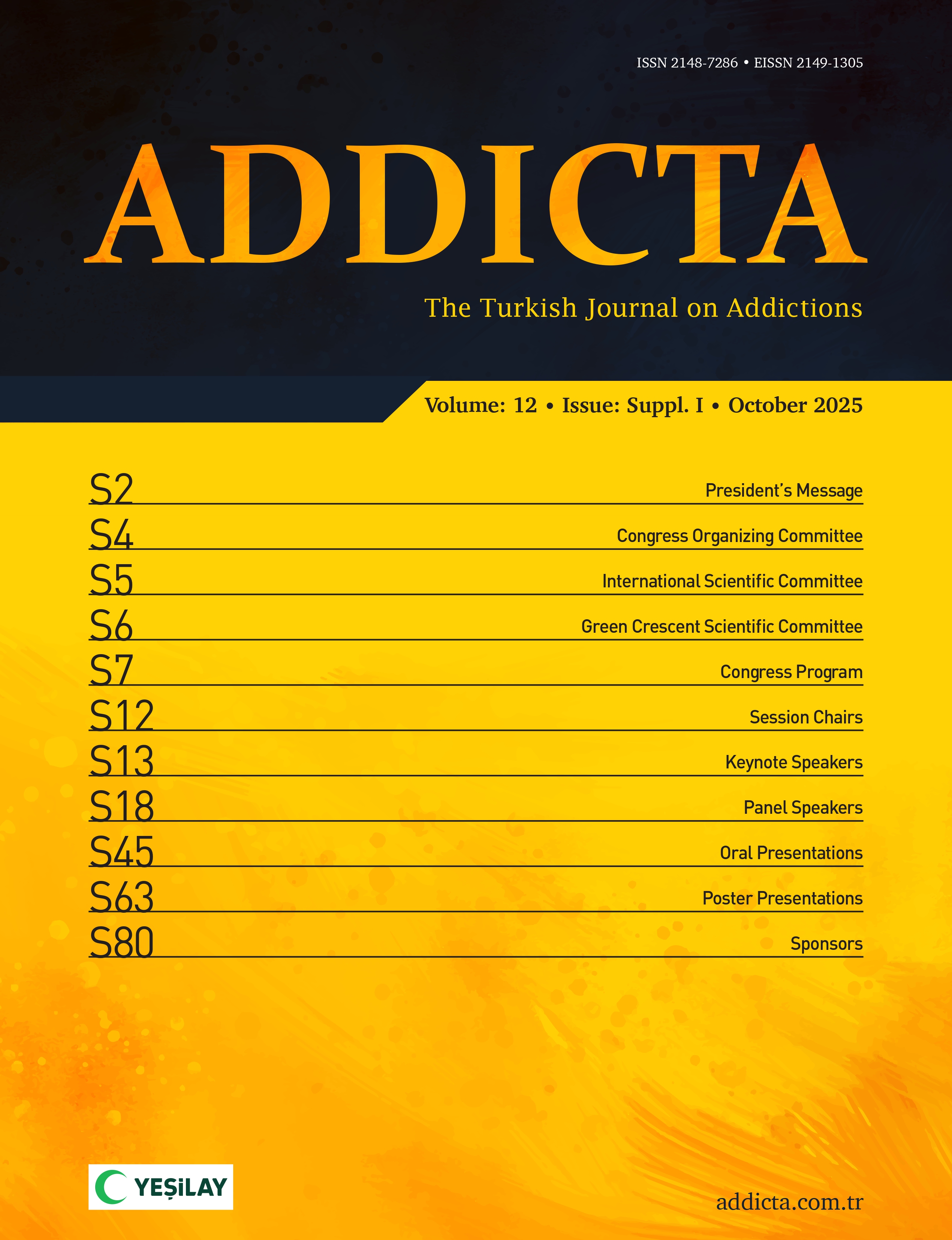Inhalant abuse is a common occurrence and is facilitated by the widespread availability of volatile solvents with legitimate commercial and household uses. Freeze sprays containing chlorinated hydrocarbons such as ethyl chloride are commonly abused by either sniffing directly from containers or huffing from paper or plastic bags that have been sprayed into. Most inhalants are central nervous system (CNS) depressants. This study presents the case of a 24-year-old woman who was diagnosed with changes in her mental status, cerebellar signs, and gait deficit after the inhalation of a refrigerant containing ethyl chloride.

.png)

.png)
.png)
